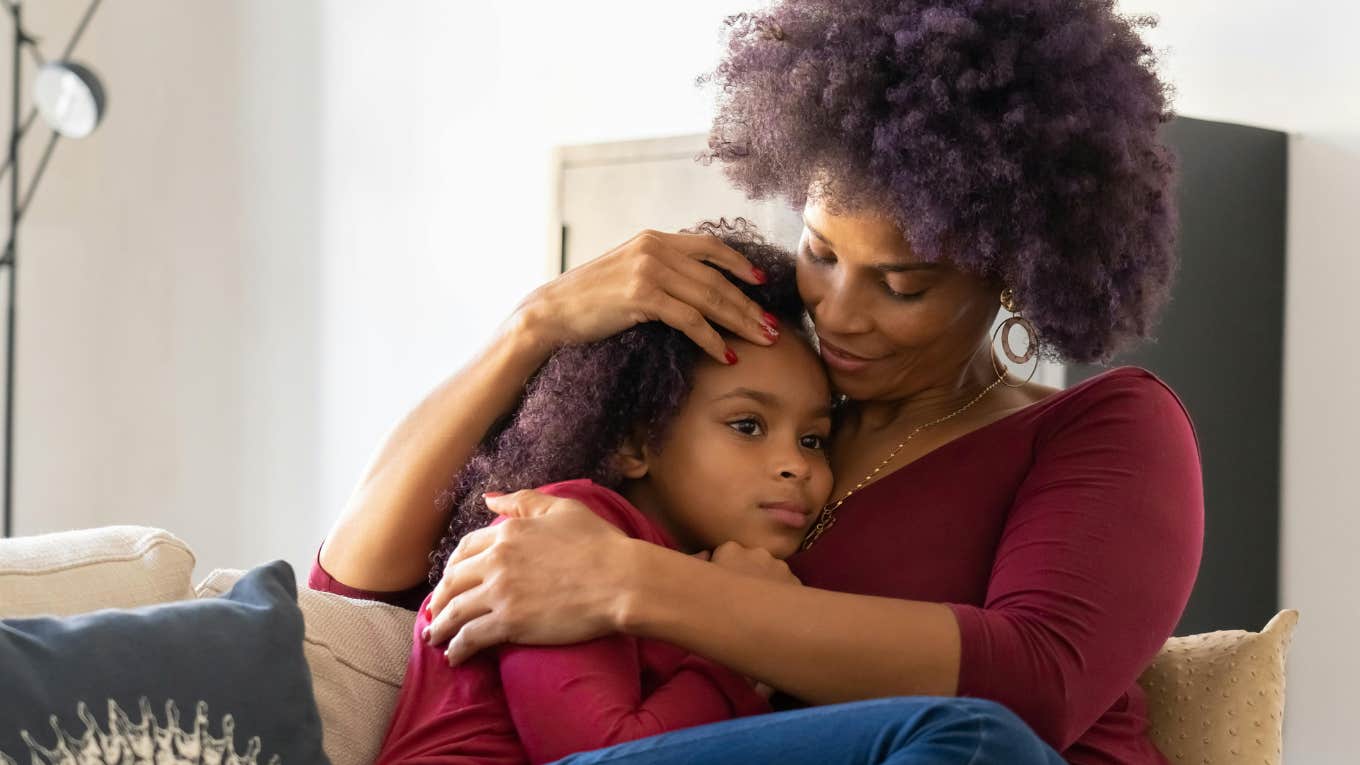Woman Shares Phrase That Can Keep Kids Safer Than ‘Stranger Danger’
Parents should stop teaching kids to fear all strangers.
 Kampus Production | Pexels
Kampus Production | Pexels For parents, teaching kids how to navigate the world safely is scary, but necessary. One of those lessons, especially for younger kids, is stranger danger. One safety expert shared that stranger danger, as a general rule, isn't actually the best way to keep kids safe, however. She is advocating for a different lesson.
In a TikTok video, a content creator who gives safety and defense tips shared why "stranger danger" isn't always the best way to teach kids about avoiding dangerous situations. Instead, she shared that parents should teach kids how to spot a "tricky person."
A safety expert said that teaching kids how to spot a 'tricky person' can keep them safer than 'stranger danger.'
"This is for all parents," she began in her video, "I think we need to start moving away from stranger danger and more towards what a tricky person looks like. Tricky people are the ones that you need to look out for."
She explained that a safe adult will never ask a child for help. A safe adult is never going to make a child feel uncomfortable or fearful. They'll never make a child feel unsure about their well-being either. She emphasized that that's usually what a tricky person will do to try and hurt a child.
Not all strangers are dangerous, and kids need to know they can and should sometimes trust people they don't know.
Stranger danger is a problematic lesson for little kids because everyone is a stranger until you actually get to know them. Being a stranger doesn't immediately make someone dangerous, and there will be instances where kids need to distinguish quickly between a stranger who is trustworthy and one who isn't. In many cases, someone who isn't a stranger could actually be a threat.
"It could be a coach, a family member, it could be your neighbor, it could be so many people that aren't strangers," she insisted. "Which is why we need to move away from stranger danger. These tricky people are going to be people that you know."
Statistics have shown that violence is often done by someone that person knows. Whether it's a partner, family member, or friend, the likelihood of being harmed by a complete stranger is relatively low. The whole "stranger danger" narrative has been proven to be ineffective when it comes to teaching kids about safety as well.
Experts have long warned parents against teaching their kids the phrase 'stranger danger.'
"It’s so easy, it rhymes," Callahan Walsh, a child advocate at the National Center for Missing and Exploited Children, told ABC News. "It’s just this one phrase, blanket statement, but it really doesn’t fit all scenarios, and that’s why we want to rethink stranger danger."
 RDNE Stock project | Pexels
RDNE Stock project | Pexels
The National Center for Missing and Exploited Children has been encouraging parents to move away from using the phrase "stranger danger." They brought up the point that a child is much more likely to be harmed by someone the child knows, and that many children do not fully understand the concept of a "stranger."
There are some instances where a child may need to reach out for a stranger's help, especially in cases where they may be lost or need help finding their parents. In those scenarios, teaching kids about "stranger danger" can actually be more harmful to them when they may need to lean on strangers to provide them with assistance. Instead of focusing on "stranger danger," parents should be more concerned with teaching their kids about the kind of behavior they should be on the lookout for.
While children should be taught not to entertain strangers who may come to them for help or support, they should also learn to trust their instincts if they feel uncomfortable in anyone's presence, whether it's someone they know or not.
Nia Tipton is a staff writer with a bachelor's degree in creative writing and journalism who covers news and lifestyle topics that focus on psychology, relationships, and the human experience.

